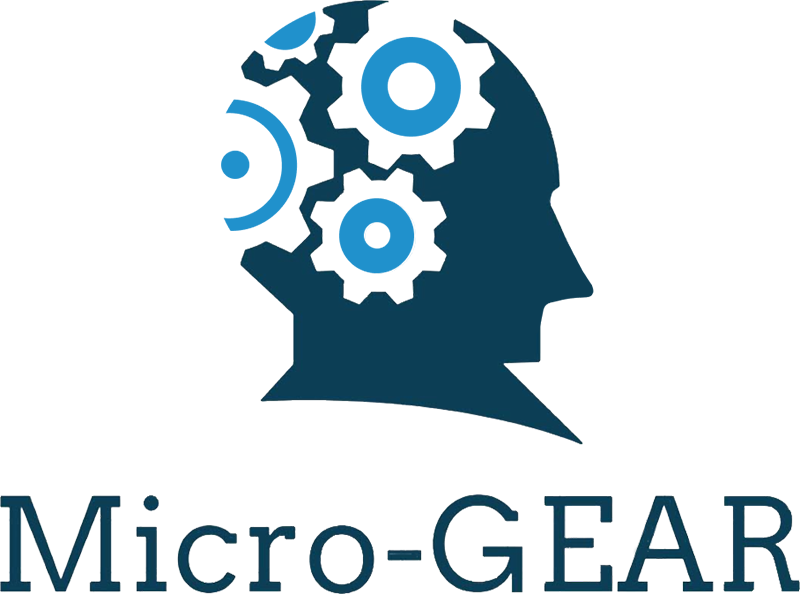Peer learning organized by ArmENIC in the framework of the Erasmus+ OCTRA 2 project

On 21 May 2024, the National Information Center for Academic Recognition and Mobility of Armenia (ArmENIC) organized a peer learning for the Armenian higher education institutions (HEIs) on the topic “Online Course Catalogues and Databases for Transparency and Recognition” in the framework of the Erasmus+ OCTRA 2 project. The event was hosted by Yerevan State University with 30 representatives present from the Armenian HEIs. The aim of the peer learning was to promote the dialogue between national information centers and HEIs to facilitate easier and more transparent recognition of qualifications. Moreover, the event focused on the micro-credentials and provision of reliable information about the micro-credentials in the online course catalogues.
In the opening speech, Gayane Harutyunyan, the Director of ArmENIC noted that in the modern world, online course catalogues are of key importance for every HEI, being a cornerstone of academic transparency and accessibility and serving as a guide for applicants and students, academic and administrative staff of universities and other stakeholders. Contemporary development paradigms of education are greatly influenced by the technological developments, and catalogues cannot be understood merely as documents. They are comprehensive electronic repositories of knowledge that summarize the universities’ academic offerings, values, and goals. Furthermore, in a competitive environment where HEIs strive for excellence, catalogues identify the unique opportunities each university has to offer. Another important aspect is the role of course catalogues in the accreditation process as they serve as evidence that the HEI is committed to its mission.
The main goals and activities of the OCTRA 2 project were presented by Baiba Ramina, the Director of the Academic Information Center of Latvia, who stressed the importance of the project for more transparency in the recognition process as well as for furthering automatic recognition. Then, Ani Mkrtchyan, the expert of the National Center for Professional Education Quality Assurance of Armenia, presented the Micro-GEAR Erasmus+ project the aim of which is to facilitate the introduction of micro-credentials in Armenia and Georgia as a tool for improving the relevance, quality and flexibility of higher education. The study conducted in the framework of the project on the situation of the micro-credentials in Armenia raised many questions, especially regarding the legal regulations, as well as how HEIs can cooperate with the labor market in the context of the micro-credentials.
During the peer learning, the Vice-rector of the Armenian State Pedagogical University, Marianna Harutyunyan, presented the experience of awarding pedagogical micro-credentials launched by their university two years ago, referring to their purpose, development methodology and existing challenges.
Narek Ghazaryan, the Director of the Communication Department of the American University of Armenia, presented the online course catalogue of their university, stressing its key importance as well as the institutional policy for the development and regular updating of the online course catalogue. It was also noted that the catalogue includes information about educational programs and their separate modules, as well as paid courses that the university offers. The university catalogue also includes information about other issues of the educational process, which enables the students to find answers to their questions from one platform.
At the end of the event, the two guidelines developed in the framework of the OCTRA 2 project on online course catalogues and micro-credentials were discussed.
